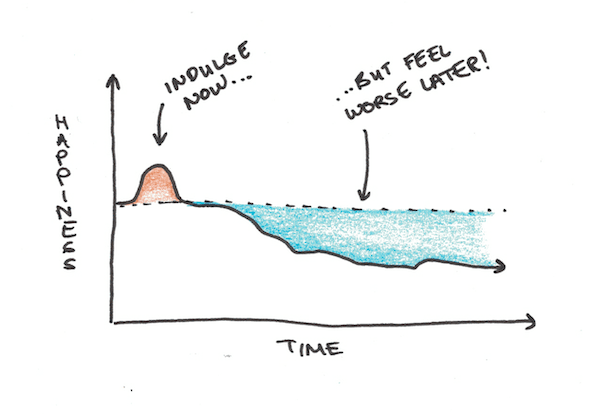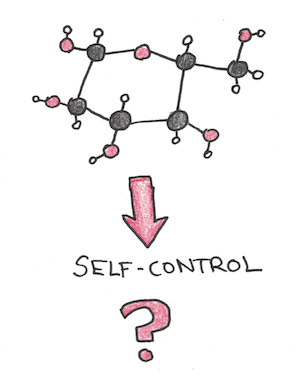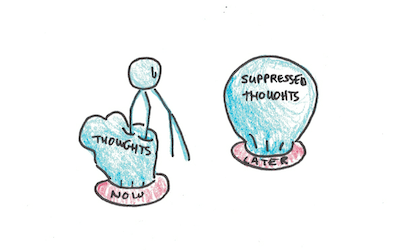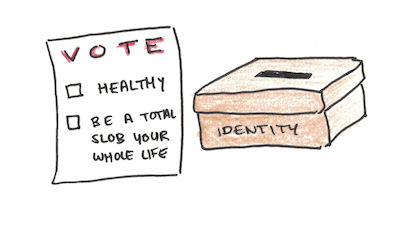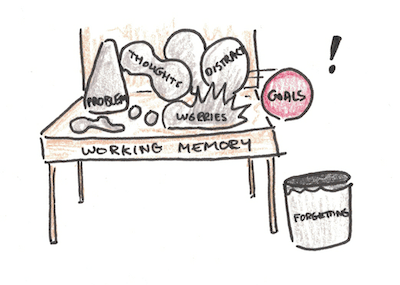The Complete Guide to Self-Control | Scott H Young
Curated from: scotthyoung.com
Ideas, facts & insights covering these topics:
9 ideas
·210K reads
614
8
Explore the World's Best Ideas
Join today and uncover 100+ curated journeys from 50+ topics. Unlock access to our mobile app with extensive features.
Self-control
It’s your ability to resolve conflicts between your short-term desires and your long-term goals.
For example, successful self-control means sacrificing immediate pleasure (cookies and cakes) and choosing the delayed reward (healthy weight).
8.22K
39.3K reads
Why self-control matters
People who have high self-control aren’t missing out on enjoyment. Not being able to resist temptation and enjoying life are not the same things.
They tend to eat in a healthily way, exercise more, sleep better, drink less alcohol, smoke fewer cigarettes, achieve higher grades at university, have more peaceful relationships, and are more financially secure.
6.88K
26.7K reads
Biological limits to self-control
Research showed that self-control is ultimately limited by our biology. We can’t exercise effortful self-control indefinitely – the brain has to do regular maintenance to remain functional.
5.51K
25.4K reads
Achieving great self-control
People that are great at self-control don't have to make more effort. Instead, they avoid effortful strategies and use easier ones.
In this way, they don’t tax and overwork their brains, and thus they are free to invest their effort into pursuing their goals, instead of fighting with themselves
6.04K
23.2K reads
Bad self-discipline strategies
- Thought suppression: when you consciously attempt not to think about something. It can have some benefits in the short term, but it takes a lot more effort than other strategies and it will make your desire even stronger in the long-run.
- Resisting temptations: it when **you’re actively inhibiting your urge to act on them.** Because it’s one of the most effortful strategies, it’s likely to fail when applied over a longer period of time.
5.79K
21.1K reads
Make temptation less fun
Use a ‘commitment contract’. This is a way to impose costs on self-control failure.
For example, you sign a contract with a friend or a company and place a financial deposit. You only get your deposit back if you meet certain criteria after an agreed-on period of time. For instance, you need to cut down your smoking to a few cigarettes a day. If you don’t satisfy the criteria, then you lose your deposit.
5.53K
18.6K reads
Adjusting your identity
... to prevent self-control failures. Research has shown that people who have developed a self-image around virtuous activities are more likely to identify and resolve self-control conflicts.
For these people, indulging incurs a cost to their self-image – it contradicts the beliefs they have about themselves.
5.64K
18.8K reads
Self-control and mindfulness
Many studies have shown that mindfulness is an effective way for boosting our self-control.
Mindfulness doesn’t suppress or resist your thoughts and emotions. It just changes your perspective on them. You don’t judge your inner experiences (don’t evaluate whether your desires are good or bad).
5.83K
17.8K reads
Removing distractions
Distractions cause cognitive load: they fill up your working memory. As a result, there’s less space for your long-term goals.
A distraction can be anything such as chatting with friends, listening to the radio or watching television.
5.71K
19K reads
IDEAS CURATED BY
Joshua Martins's ideas are part of this journey:
Learn more about personaldevelopment with this collection
How to choose the right music for different tasks
The benefits of listening to music while working
How music affects productivity
Related collections
Similar ideas
4 ideas
The myth of self-control
vox.com
2 ideas
The Six Secrets of Self-Control
forbes.com
4 ideas
How to Improve Your Self-Control
verywellmind.com
Read & Learn
20x Faster
without
deepstash
with
deepstash
with
deepstash
Personalized microlearning
—
100+ Learning Journeys
—
Access to 200,000+ ideas
—
Access to the mobile app
—
Unlimited idea saving
—
—
Unlimited history
—
—
Unlimited listening to ideas
—
—
Downloading & offline access
—
—
Supercharge your mind with one idea per day
Enter your email and spend 1 minute every day to learn something new.
I agree to receive email updates

